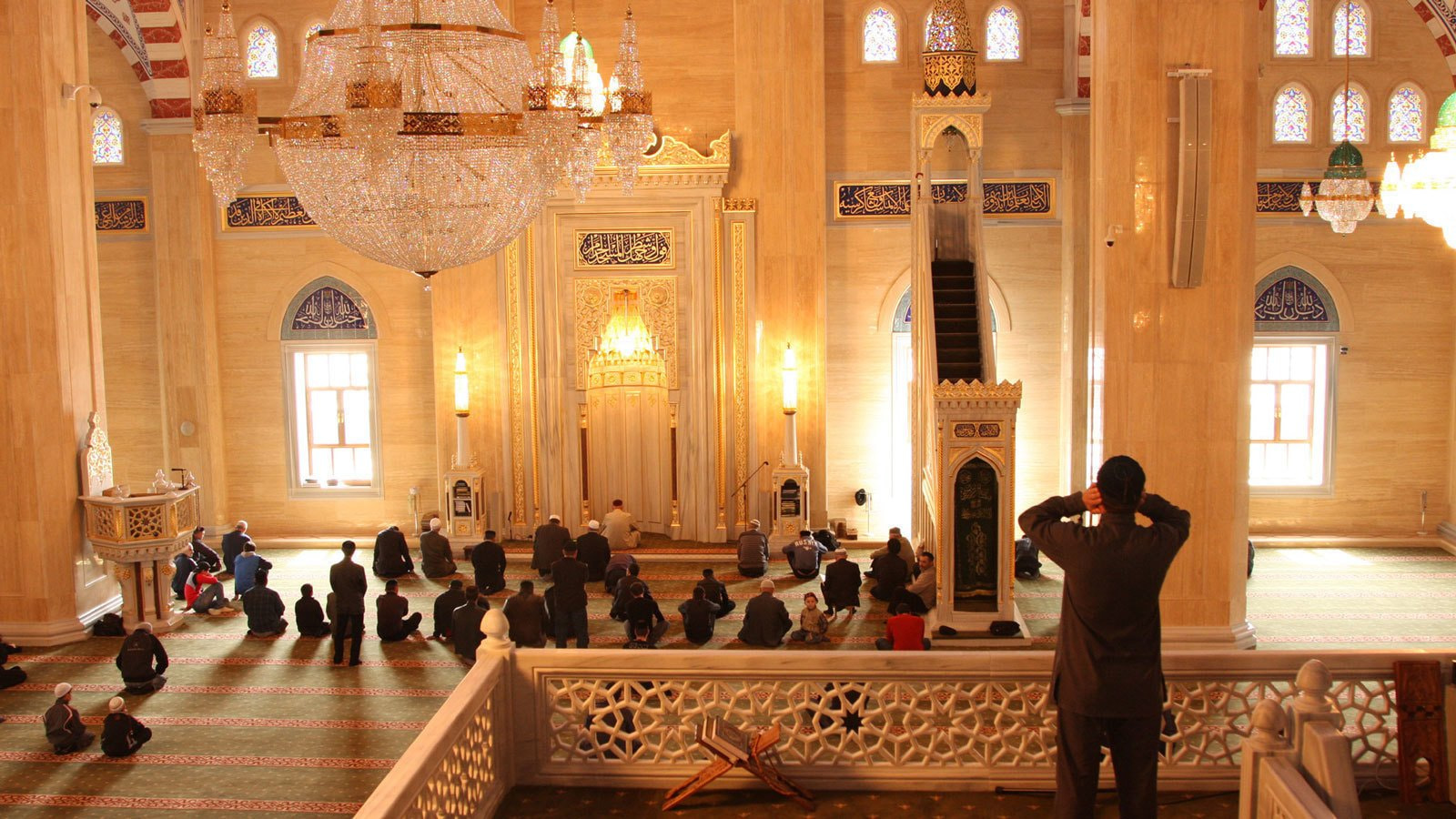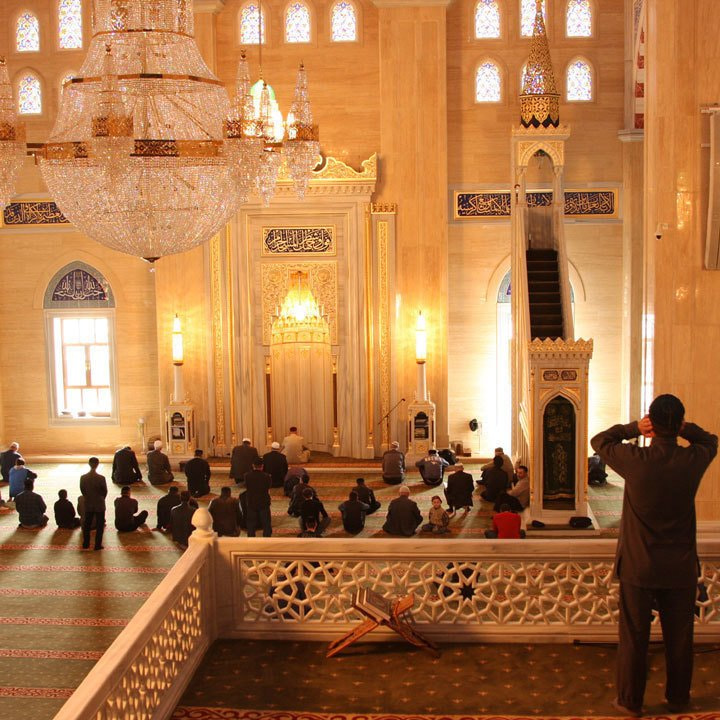Three lectures delivered by German anthropologists focus on the study of urban Muslim space.
Manja Stephan-Emmrich’s field research is based around Tajik migrants’ vision of Dubai and the role of this city in the formulation and reformulation of Muslim identity. By explaining his investigation of practices and ideas associated with particular “places of worship”, Jeremy F. Walton will address the past and present of the Muslim communities of Thessaloniki, Zagreb, and Banja Luka. Finally, Katarzyna Puzon investigates the material and visual Muslim cultures of Berlin and Beirut—two seemingly diverse cities that in fact have a lot in common, inluding their military past, multiculti present, and an intense migratory history of yesterday and today.
“Making Dubai a Muslim Place: Imagination, Work, and Piety”. A lecture by Manja Stephan-Emmrich
This lecture addresses the dynamic interplay of Muslim mobility, imagination, and placemaking in the migratory experience of Tajiks in Dubai. It shows how through different forms of work (trade and tourism business, emotion, and imagination work) Tajik men and women make a place in Dubai’s cosmopolitan economic, social, and religious urban spaces. Adopting a translocality perspective, the lecture focuses on the role travelling religious ideas and objects play in mobilizing for and experiencing Dubai as part of desirable Islamic lifestyle projects. Following urban narratives of modernity and progress, the lecture also illustrates how Tajik migrants refashion their Muslim selves through constructing, mediating, and marketing the ‘idea’ of Dubai as an ideal place that serves Muslim middle class dreams and desires.
“Places of Worship, Spaces of Representation: Mosque Histories across the Balkans”. A lecture by Jeremy F. Walton
Places of worship are, by nature, deeply immersed in the flow of times past, present, and future. Temples and shrines, synagogues and churches are both archives of communal pasts and resources for religious futures. This is especially so when the communities that inhabit them are marginalized, sometimes even to a vanishing point. This lecture offers a comparative portrait of three spaces of Muslim belonging in the Balkans, with particular attention to their constitutive histories, contemporary configurations, and possible futures. First, a discussion about Thessaloniki’s New Mosque (Yeni Camii), the former site of worship for the unique, syncretic Ottoman dönme community that has recently been recruited to the project of excavating the city’s multi-religious and culturally plural past as a means to present-day urban investment. Next, an examination of the central Zagreb Mosque (Zagrebačka Džamija), one of the largest mosques constructed during the Yugoslav era and a key point of communal orientation for Muslims in Croatia and beyond. Finally, the Ferhadija Mosque (Ferhadija Džamija) in the Bosnian city of Banja Luka, which was only recently reconstructed following its devastation in the war of the 1990s, and remains a precarious space of Muslim identification in the Bosnian Serb capital. Throughout this presentation, the lecture will be attentive to each of these sites as “spaces of representation” in Henri Lefebvre’s sense, which seek to establish continuities between Muslim pasts and Muslim futures. The opportunities and challenges of representation that envelope each mosque and its community are inseparable from the layered histories of each space and its city.
“A Tale of Two Cities: Material and Visual Culture in Beirut and Berlin”. A lecture by Katarzyna Puzon
Material and visual cultures of cities provide insights and information about their complex histories and layers of time in the urban landscape. What readings of the past and the present do they offer in Beirut and Berlin? How does this play out in terms of imagining and thinking about cities recognised for their diversity and known for their wartime legacies and ongoing forms of migration? And how is the future envisaged in these two urban contexts? Reflecting upon similarities and differences in their distinct trajectories, this talk deals with these questions and explores Beirut’s and Berlin’s vibrant iterations, visual representations, and material manifestations. Taking into consideration recent developments and changes in the social landscape of both cities, the question of Islam and its diverse articulations in those urban settings is also addressed.
The event is organized with the support of the Institute of Social Policy and the School of Sociology at the Higher School of Economics, the Heinrich Böll Stiftung in Russia, and the Department of Labor, Social Affairs, and Health of the Embassy of Germany in Moscow.

